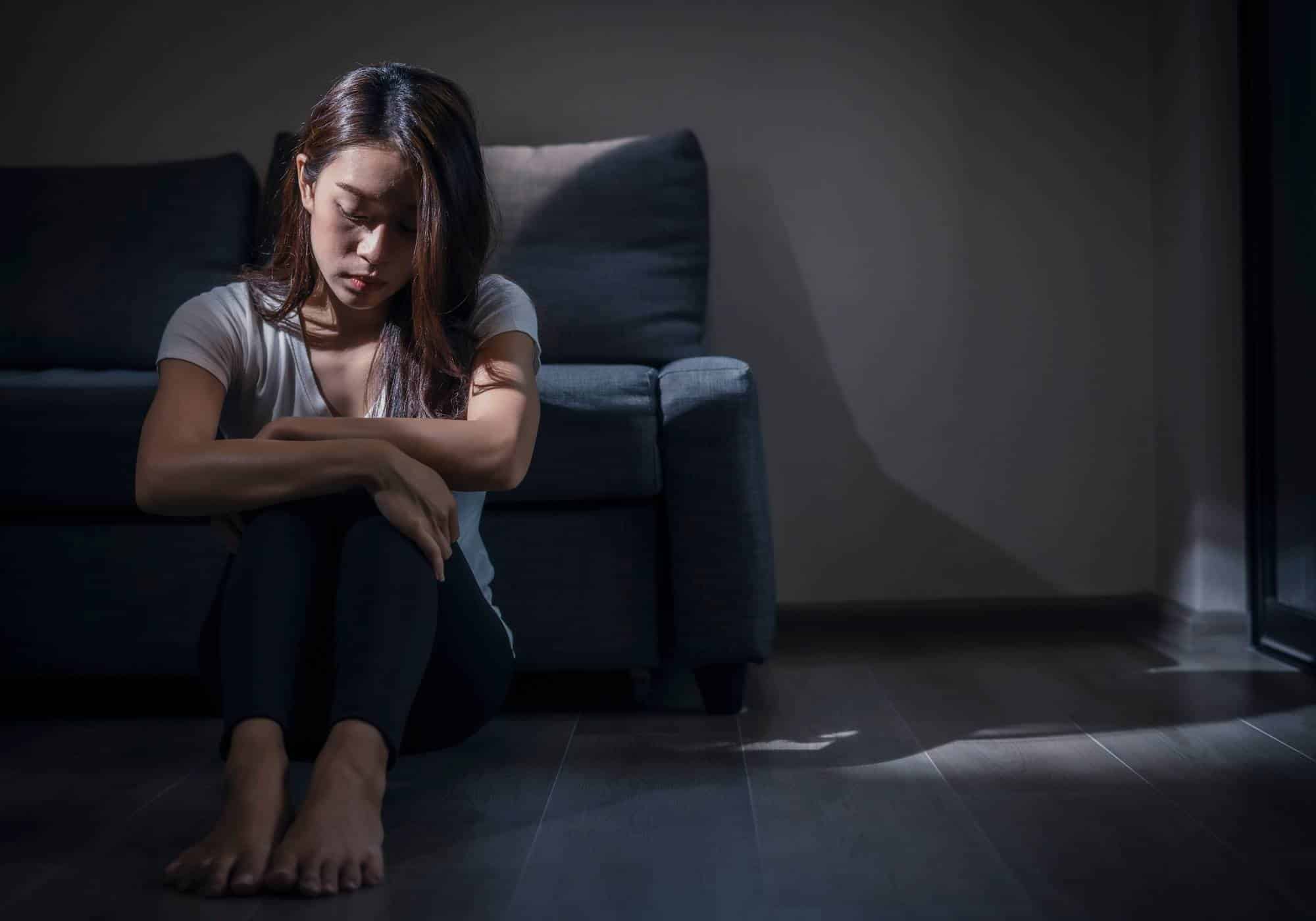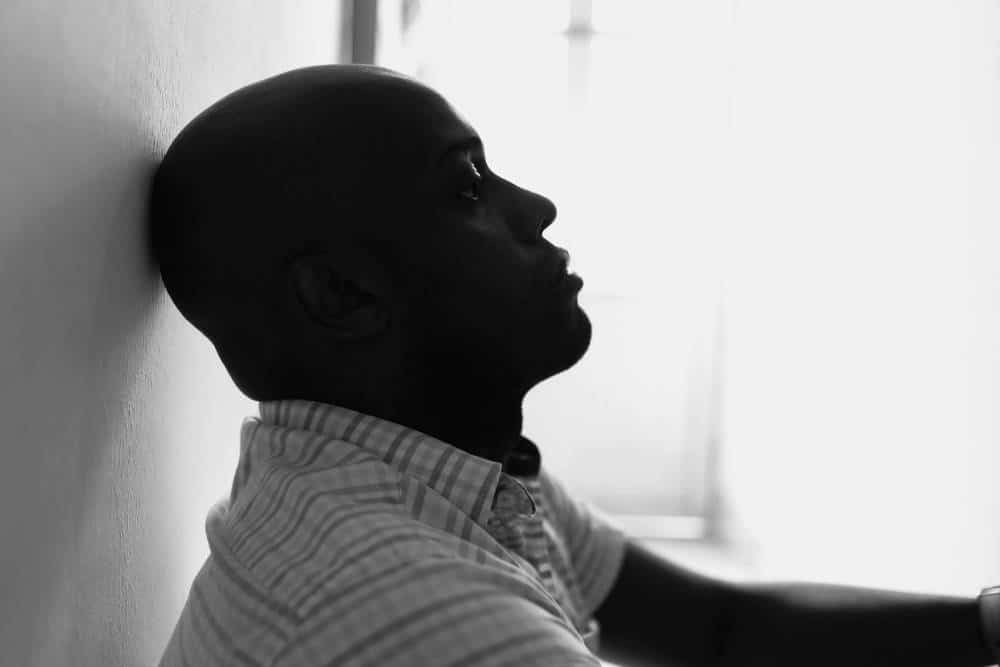If you are seeking depression treatment in Atlanta or nearby, rest assured that effective support is available to enhance your life quality significantly.
Depression is a prevalent mental health challenge in the U.S., and treatment is among the most commonly sought mental health services. According to the National Institute of Mental Health (NIMH), around 21 million U.S. adults had a major depressive episode, with 66% receiving some form of treatment.
What is Depression?
Depression is a profound mental health issue that extends beyond simple sadness, manifesting as an intense sense of despair and isolation. It’s a condition that arises from complex brain interactions, including neurotransmitter imbalances that regulate mood. Genetic factors also contribute, especially if there is a family history of depression.
Life experiences such as trauma or personal loss can trigger depression, making anyone susceptible despite common misconceptions. However, depression is highly treatable with appropriate intervention from specialized facilities.
Clinically known as major depressive disorder, depression affects thoughts, feelings, and behaviors, presenting a range of emotional and physical challenges. It is essential to seek timely and professional help to effectively manage symptoms and improve overall mental health.
What are the Types of Depression?
Depression manifests in various forms, each with unique characteristics:
- Major Depression: Interferes with daily life for at least two weeks.
- Persistent Depressive Disorder (Dysthymia): Chronic symptoms lasting two years or more.
- Perinatal Depression: Occurs before or after childbirth, including prenatal and postpartum depression.
- Seasonal Affective Disorder (SAD): Emerges seasonally, typically in fall and winter, and alleviates in spring and summer.
- Bipolar Disorder: Known formerly as manic depression, it involves severe mood fluctuations.
- Depression with Psychosis: Features severe depressive episodes with delusions or hallucinations.
Symptoms of Depression
Depression is characterized by persistent sadness and a lack of interest in activities, significantly impairing daily life. To diagnose depression according to the DSM-5, one must exhibit at least five of the following symptoms nearly every day for at least two weeks, and these symptoms should not be attributable to another medical condition or substance use:
- Persistent sad or depressed mood.
- Marked loss of interest in all or most activities.
- Significant weight loss or gain, or decrease or increase in appetite.
- Insomnia or excessive sleeping.
- Psychomotor agitation or retardation.
- Fatigue or loss of energy.
- Feelings of worthlessness or excessive guilt.
- Diminished ability to think or concentrate, or indecisiveness.
- Recurrent thoughts of death, recurrent suicidal ideation without a specific plan, or a suicide attempt.
Symptoms must cause significant distress or impairment in social, occupational, or other important areas of functioning. For children and adolescents, this may manifest as irritable mood and the diagnosis may include failure to make expected weight gains.

Causes of Depression
Depression stems from a combination of genetic, biological, environmental, and psychological factors:
- Brain Structure: Differences in the parts of the brain responsible for mood, thinking, sleep, appetite, and behavior may contribute.
- Genetics: Depression can run in families. For example, if one identical twin has depression, the other has a 70 percent chance of having the illness sometime in life.
- Life Events: Trauma, loss of a loved one, a difficult relationship, or any stressful situation may trigger depression.
- Brain Chemistry: Neurotransmitter imbalances in the brain significantly influence depression.
Do I Need Depression Treatment?
Identifying the need for depression treatment can be difficult as symptoms often resemble ordinary sadness. However, persistent feelings of emptiness, despair, or disinterest in life that do not disappear may indicate depression. Consulting with a healthcare provider can help determine if you are experiencing depression and guide you toward effective treatment options. If your symptoms are disrupting your ability to function, seeking professional help is crucial.
At Hooked on Hope Mental Health, we specialize in treating various types of depression with comprehensive strategies tailored to each individual’s needs, facilitating recovery and improving quality of life. Contact us at 470-287-1927 or fill out our online contact form to begin your journey to recovery and discover the benefits of professional outpatient depression treatment in Atlanta, GA.
Signs That Someone Needs Treatment for Depression
Depression manifests through a range of symptoms, typically categorized into physical, behavioral, and mental symptoms.
Physical Symptoms May Include:
- Sleep disturbances or excessive sleeping
- Changes in appetite or unexplained weight changes
- Persistent fatigue
- Neglect of personal hygiene
- Slowed thinking, speech, or movement
- Unexplained physical pain
Behavioral Symptoms May Include:
- Giving away valued possessions, indicating suicidal thoughts
- Loss of interest in previously enjoyed activities
- Withdrawal from social interactions
- Frequent discussions about death or dying
- Expressions of hopelessness, guilt, and sadness
Mental Symptoms May Include:
- Low self-esteem and confidence
- Persistent irritability, anxiety, and feelings of emptiness
- Recurrent thoughts of death or suicide
- Difficulty concentrating
- Significant mood swings and restlessness
- Poor decision-making skills
Depression often leads to a decline in overall quality of life, potentially resulting in risky behaviors such as neglecting responsibilities or, in extreme cases, self-harm. Without adequate depression treatment in Atlanta, the likelihood of acting on negative or suicidal thoughts increases. Reach out to Hooked on Hope Mental Health at 470-287-1927 to start your journey to recovery today.
What Our Depression Treatment Program in Atlanta Includes
Our depression treatment in Atlanta is designed to address both depression and any co-existing mental health conditions through comprehensive assessments for accurate diagnoses.
Conditions that may co-occur with depression include:
- Panic and Anxiety disorders
- Personality disorders
- Post-traumatic Stress Disorder (PTSD) and Trauma
- Obsessive-compulsive disorder (OCD)
- Schizophrenia
We offer a robust treatment plan combining evidence-based and holistic therapies, making our inpatient depression treatment in Atlanta highly effective.
Our programs include a variety of therapeutic options:
- Cognitive Behavioral Therapy (CBT)
- Dialectical Behavior Therapy (DBT)
- Medication Management
- Family Therapy
- Group Therapy
- Individual Therapy
- Holistic Therapy
- Neurofeedback Therapy
- Biosound Therapy
- Red Light Therapy
Why Should I Seek Treatment for Depression?
Depression is a profound mental health issue that infiltrates all facets of life. If you’re battling depression, daily responsibilities may become overwhelming, concentration may wane, and previously enjoyable activities might lose their appeal. Your social and personal relationships could be strained, and feelings of hopelessness might dominate. In severe cases, this despair could lead to suicidal thoughts. If left untreated, these symptoms typically worsen.
Our depression treatment program in Atlanta aims to address both the symptoms and the underlying causes of depression comprehensively. Our skilled multidisciplinary team works to identify the factors contributing to your depression while managing any co-existing conditions. Our ultimate goal is to help you lead a fulfilling, joyful life free from the grip of depression.
Benefits of Depression Treatment in Atlanta
At Hooked on Hope Mental Health, our depression treatment in Atlanta is customized to meet each individual’s unique needs.
Our program offers a secure and welcoming environment, where a dedicated team ensures the safety and comfort of all patients, staff, and visitors. We emphasize compassionate care, fully aware of the profound impact that seeking treatment for depression can have on individuals and their loved ones.
We also provide a comprehensive aftercare plan designed to support and sustain the progress made during treatment, facilitating a smooth and supportive transition to post-treatment life.
How Long is Depression Treatment?
At Hooked on Hope Mental Health, we recognize that each person’s journey through depression treatment in Atlanta is unique. The duration of your treatment is tailored to fit your individual healing process, whether it involves short-term intensive care or a longer, multi-faceted treatment plan.
Our commitment to your recovery is reflected in our flexible approach, avoiding strict timelines in favor of a more adaptive treatment duration. We continually monitor your progress, adjusting the treatment plan to ensure it meets your changing needs. At Hooked on Hope Mental Health, your path to recovery is set at your pace, with a strong emphasis on your well-being at every stage. Contact us today to begin your journey toward effective depression treatment and a brighter future.

Depression Treatment Programs
If you need more support than weekly therapy, structured programs can help you stabilize symptoms and build momentum.
Explore depression-focused options below:
If you want the general overview of each program level, visit Levels Of Care.
Which Level Of Care Is Right For Depression?
Choosing the right level of care helps you get the support you need without under-treating symptoms.
- Outpatient Treatment: Best for mild to moderate depression and ongoing maintenance. Outpatient Treatment
- IOP: Best when you need structured support multiple times per week while living at home. Intensive Outpatient Program
- PHP: Best when depression significantly affects daily functioning and you need day-level structure to stabilize. Partial Hospitalization Program
- Virtual IOP: Best when commuting, scheduling, or symptoms make in-person treatment difficult. Virtual Intensive Outpatient Program
If you’re unsure where to start, our team can help you choose the most appropriate option.
Please call us at 470-287-1927 or complete our Online Contact Form.
Depression Treatment Centers Near Me
If you’re searching for “depression treatment centers near me” in Atlanta or other parts of Georgia, finding the best center for your needs is crucial. At Hooked on Hope Mental Health, we specialize in outpatient treatment for depression, blending evidence-based therapies with medication and holistic approaches tailored to each individual.
Our personalized approach ensures that every client receives a unique treatment plan. Our case managers and clinical director collaborate to determine the best course of action for each client.
For those with a co-occurring alcohol or substance use disorder alongside depression, our dual diagnosis program provides an integrated treatment plan to address both conditions simultaneously.
Discover Depression Treatment in Atlanta
Living with depression can severely limit one’s ability to enjoy life fully. This challenging mental health condition won’t disappear without attention. Hooked on Hope Mental Health offers premier depression treatment in Atlanta, dedicated to transforming lives. We help individuals uncover the root causes of their depressive feelings and introduce effective coping mechanisms through our diverse therapeutic sessions. Additionally, we use FDA-approved medications to manage depression, significantly alleviating symptoms and improving quality of life. Contact Hooked on Hope Mental Health at 470-287-1927 or fill out our contact form to begin your journey with our outpatient depression treatment in Atlanta, GA.
Frequently Asked Questions
How Do I Know If I Need Depression Treatment?
If symptoms last more than two weeks, affect sleep, relationships, or work, or lead to isolation or hopelessness, treatment can help. An assessment can also clarify which level of care fits best.
What Is The Best Treatment For Depression?
Many people improve with evidence-based therapy (like CBT), structured coping skills, routine-building, and—when appropriate—medication management. The best plan depends on symptom severity, goals, and history.
What If My Depression Includes Anxiety Or Panic?
It’s common for depression and anxiety to overlap. Integrated treatment can address both mood symptoms and anxious patterns so you’re not treating just one side of the picture.
Do You Offer Outpatient Programs For Depression?
Yes. We offer multiple outpatient levels of care, including PHP, IOP, virtual IOP, and outpatient support. Explore options on Levels Of Care.
How Do I Get Started?
Start by contacting admissions to discuss symptoms, verify insurance, and determine the best fit. Visit Admissions or reach out through our contact page.

